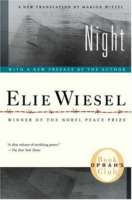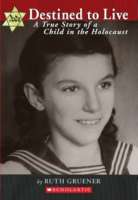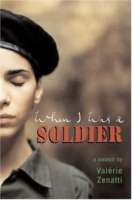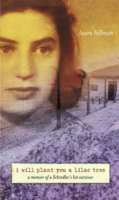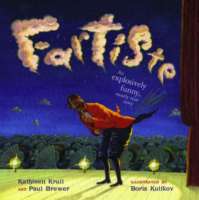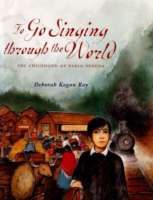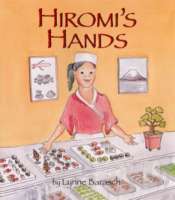
Growing up in New York City, Hiromi Suzuki misses spending time with her father, a sushi chef who works long hours in the family’s Japanese restaurant. So one day when she is eight years old, Hiromi begs her father to take her to the Fulton Fish Market, where he buys fresh fish. Hiromi is fascinated by what she sees and learns; by the time she is thirteen, she is ready to take the next step. She asks her father to teach her to make sushi. Little does Hiromi realize that her request would lead her to the forefront of a minor culinary revolution, as women claimed their place in the once all-male world of sushi chefs. Hiromi’s Hands is the true story of a young girl’s determination to follow her dream, and a tribute to the loving family who supported her.


